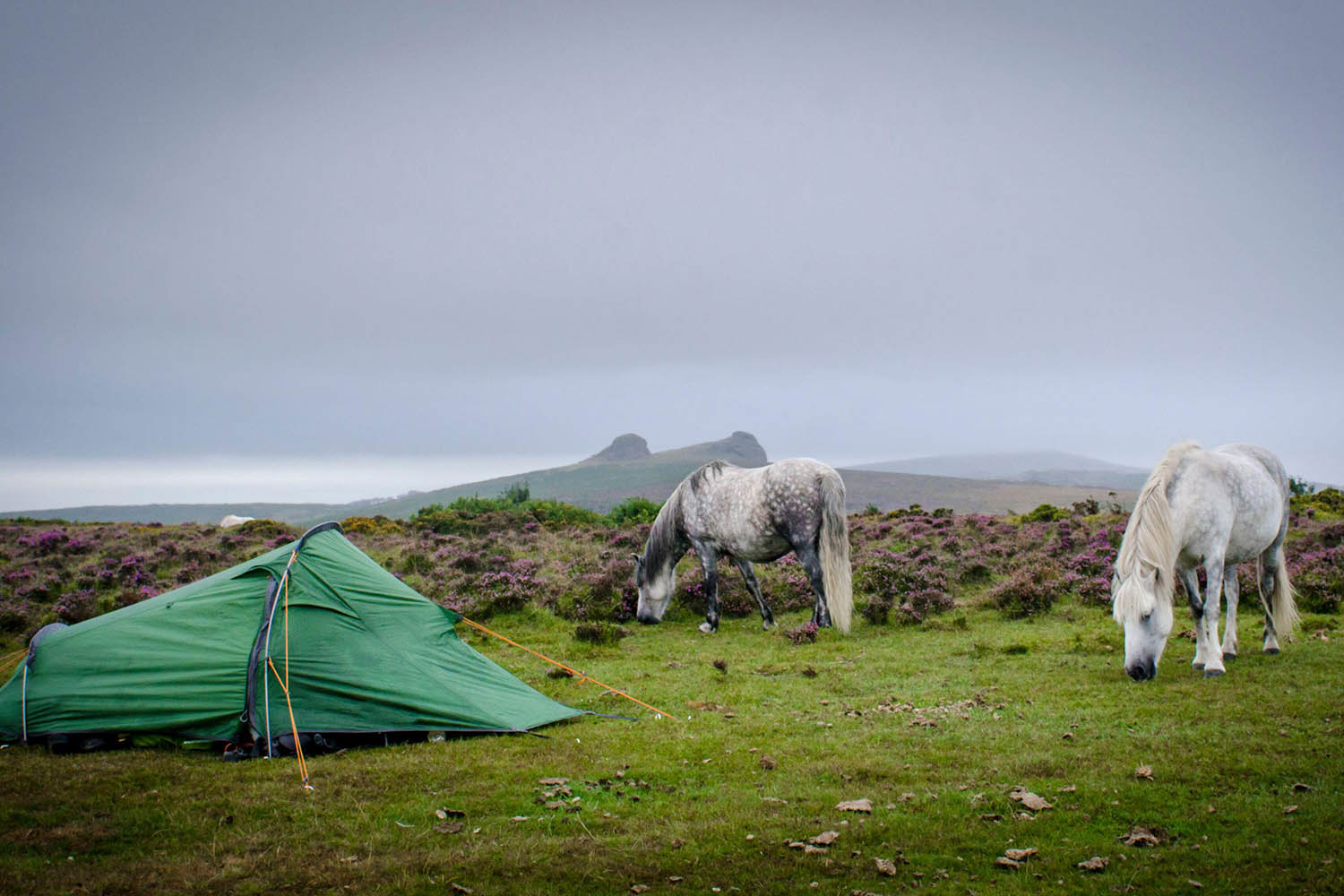Welcome to the Sensemaker, our daily newsletter. It features calm and clear analysis on the stories driving the news across tech, politics, finance, culture and more. The Sensemaker will appear here every morning, but to receive it in your email inbox, sign up on our newsletters page.
Last week the UK’s Supreme Court ruled wild camping is permitted on Dartmoor, after a multimillionaire landowner tried to ban it on his land.
So what? The practice is still illegal everywhere else in England, where only 8 per cent of land is open to the public. That’s the worst rate in Europe, according to a 2022 study. The ‘right to roam’ is restricted to a few areas such as
•
mountains;
•
heaths;
•
the coastline; and
•
most publicly managed woodlands, which are few.
Concentrated. Roughly half of England’s land is owned by 25,000 people – less than 0.5 per cent of the population. The country has 15 national parks, but nearly all the land in them is privately owned, including
•
90 per cent of Snowdonia
•
93 per cent of Dartmoor
•
94 per cent of the South Downs; and
•
more than 99 per cent of the Yorkshire Dales.
Outlier. That makes the UK one of the few countries in the world that doesn’t own most of the land in its national parks. Much of it is used for farming or activities such as shooting, giving officials little say over the management of important natural areas with knock-on effects for wildlife.
Ramblers. It also restricts the 55 per cent of people in England who walk for fun at least once a week. Campaigners say this proportion would be far higher if access were better.
Across the border. The situation is very different in Scotland, which also has a small number of big landowners. In 2003, it granted people the right to tramp and camp where they please, apart from gardens, cultivated fields and so on, as long as they do so responsibly.
Today it is possible to stand on the border with one foot legally in Scotland while putting another foot on private English land, which counts as an illegal trespass. Austria, Finland and Sweden have laws similar to Scotland’s.
Related articles:
Water. When it comes to rivers, public access is even worse. Just 3 per cent have an uncontested public right of navigation, with land borders extending to the middle of river beds. They are often rented out to fishing clubs that keep people out. Disputes can turn ugly.
“Whilst kayaking, I’ve had rocks thrown at me by other river users. I’ve had threats of my tyres being slashed. And I’ve had landowners threaten to drill holes in my kayak or call the police,” says Phil Brickell, the Labour MP for Bolton West. “All because of disputes over who can access our rivers.”
Newsletters
Choose the newsletters you want to receive
View more
For information about how The Observer protects your data, read our Privacy Policy
Tramping. New Labour introduced legislation in 2000 that gave people access to the coast and 140,000 miles of footpaths. Campaigners say these are not adequate, pointing out that some of the land open to the public is not connected to paths, meaning walkers have to trespass across private land to reach them. The South Downs alone has 11 of these “access islands”.
Test case. Public access advocates hope the Dartmoor ruling will invigorate England’s right to roam campaign, which has held several mass trespass events. The case was brought by Alexander Darwall, a hedge fund manager who owns the 4,000-acre Blachford estate. His lawyers argued that even picnicking on Dartmoor should be classified as trespassing.
“We now need real ambition to open up our countryside further, with a default right to roam similar to that which has been used in Scotland for more than 20 years,” says Brickell.
Commons. Brickell is part of a new All-Party Parliamentary Group that is pushing the government for a white paper on improving nature access.
Landowners say England is too crowded for a Scotland-style policy, pointing out it has less moorland and more crop farming. They also fear litter and dog attacks on animals.
Flip-flop. In 2023 Labour pledged to extend the right to wild camp to all national parks, but dropped the policy. Now in government, the party could focus on improving the pre-existing network of footpaths instead.
What’s more… If Labour were to reverse course, an English Right to Roam Bill, drafted in 2024 and based on Scotland’s, already exists.
Photograph by William Barton/Alamy



